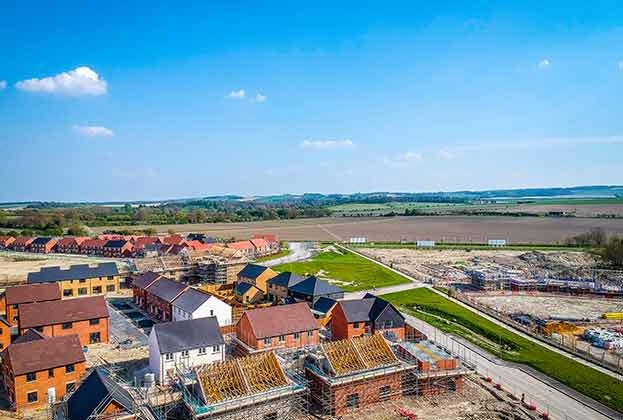London is falling short of building the homes it needs. Current levels of new supply are around 40,000 while the Mayor’s draft London plan identifies a need for 66,000 homes every year to meet demand. Could the solution be found at the supermarket?
Over the past decade some of the major chains have been reviewing their options. It’s not that London doesn’t need supermarkets – rather that as retail evolves, the supermarkets may no longer require as much car parking or floorspace, leading to re-development opportunities. For operators hoping to enhance or relocate existing stores, planning permission may be easier to achieve if residential is part of the mix.
Focusing on supermarket sites in the capital’s planning pipeline with capacity for more than 250 units, we have identified a potential supply of nearly 24,000 new homes. If they all came forward, they could indeed help deliver the goods for London’s housing shortfall.
The research, published in Savills Re:Imagining Retail magazine, also concludes that the opportunity to fill the residential gap isn’t limited to supermarkets. Retail parks and shopping centres face the same pressure of reduced footfall from online shopping and could make excellent mixed use sites.
Developers clearly recognise the value of having shops on the doorstep. We know that when people choose where to live, good retail and leisure are high on the list. Further, our analysis shows that the combination of good retail + leisure + a short travel time to employment centres correlates to higher residential values.
This is primarily an urban proposition, and although outside London there has been an increase in this sort of development activity, there are challenges. In the regions, the locations that have tended to favour supermarkets have rarely been those that favour high-density housing. However, many of these regional supermarkets are now outdated stock and a marriage with residential has the potential for them to update and improve the offer, catering for e-commerce while residential footfall provides surety of trade.
Several partnerships have been formed between supermarkets and residential developers, with Barratt and L&Q, and Berkeley Homes particularly active. However, it doesn’t work in every location. If the existing store is producing strong revenues, the continuity of sales and potential disruption from construction will be important factors to take into consideration.

.jpg)




.jpg)



.jpg)